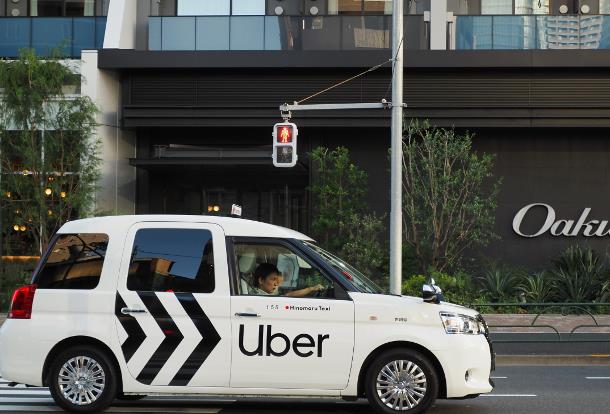The war chests of two major car-hire apps are swelling, as Didi-Kuaidi has raised US$2 billion in its last financing round to boost its cash reserves to over RMB3.5 billion while Uber’s China operation is reported to be pushing to attract a funding of US$1 billion.
This has fueled speculation that the two will continue their costly war of attrition by offering substantial subsidies, that are sure to set off an explosion in the number of driver scams taking advantage of the two rivals’ largesse.
Price war set to continue
Didi-Kuaidi’s director Qing Liu said the latest financing is not for subsidies but will be invested in technology, product, marketing and big data. “Every cent will be put towards improving our customers” user experience,” she said.
However, in a recent letter to shareholders, Didi-Kuaidi’s CEO Wei Cheng stressed that although excessive subsidies were not beneficial to market development, they would be still offer subsidies, albeit with caution.
Website iyiou’s founder and O2O industry analyst Yuanpu Huang didn’t think that the price war between car hire apps would end, and the chauffeur service segment would be the battlefront. “Car hire companies won’t be offering subsidies just for the sake of it but will extend activities vertically to other areas such as logistics and takeout,” he said.
The vice president and secretary of the China Mobile Internet Industry Association, Yi Li, concurred: “The Chinese car hire software market has stabilized in general with Didi-Kuadi and Uber holding the top two market positions and are neck and neck in the competition. The price wars in the future are for enlarging the pie, to entice more traffic on mobile travel and push for the legalization of chauffeur services,” he said.
Didi- Kuaidi compares crushing scams to war on terrorism
Ms. Liu admitted that it would be extremely difficult to prevent drivers from cheating with some types of Didi-Kuadi’s subsidies but insisted that scamming wasn’t tacitly allowed. “The danger with scams is that honest drivers won’t get the resources they deserve, while unscrupulous drivers will pocket subsidies for phantom rides. We view scamming as a detrimental to the industry and will fight scams as relentlessly as if it was terrorism,” she said.
However, Mr. Li said scamming might actually be a means to an end for car hire companies. “(Car hire) companies are probably turning a blind eye to some unscrupulous practices in order to expand their drivers ranks. After all it isn’t hard for them to stamp out scamming with technology,” he said.
This skeptical viewpoint isn’t as implausible as one would think. Ms. Liu admitted that the problem with cheating was very severe in the industry and as much as 40% of Uber’s transactions were reported to be fake. At this point it would be impossible to freeze the accounts of all the cheating drivers as that would affect the app’s driver volume and in turn affect its user experience.
Ms. Liu said Didi-Kuaidi was mainly clamping down on scams involving crime rings and was applying a much harder “one-strike-out” policy towards such accounts as opposed to genuine driver accounts.
Mr. Huang said it’s impossible to avoid scams and eradication and it would require a long process to stamp out. “As more and more drivers join a car hire platform, the platform will slowly gain leverage to shut down accounts of scamming drivers, thus making scamming less prevalent as only honest drivers would remain.”(Translation by David)




